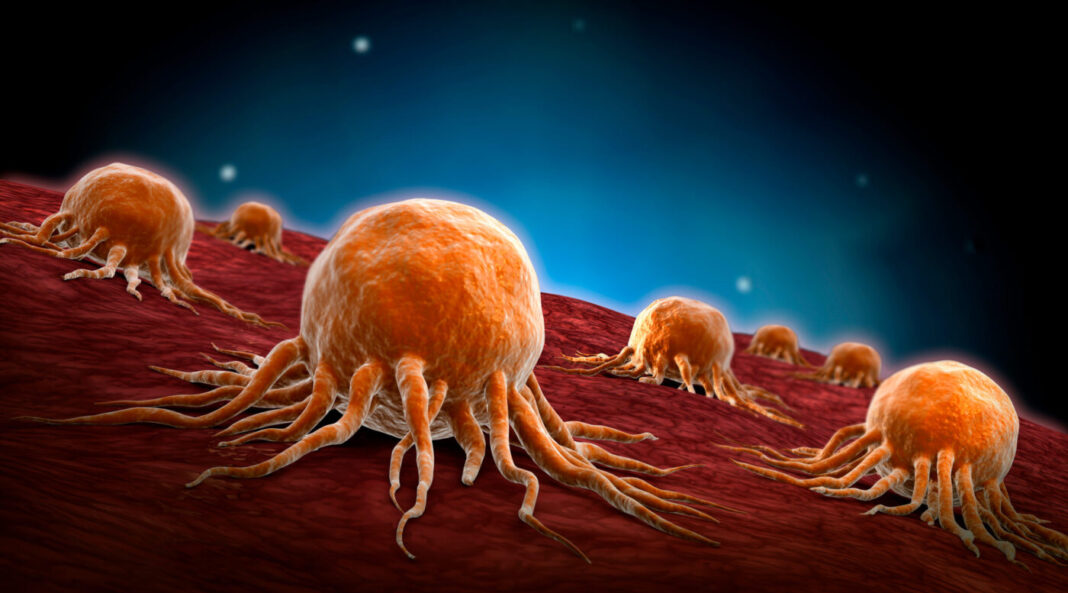The nongenetic mechanisms that are needed to sustain malignant tumor state are poorly understood. Now, researchers at the Université libre de Bruxelles (ULB), Belgium, report that NR2F2 is an essential regulator of malignant tumor state by controlling cancer stem cell and tumor maintenance in mouse and human cancers.
Their findings are published in the journal Nature Cancer in a paper titled, “NR2F2 controls malignant squamous cell carcinoma state by promoting stemness and invasion and repressing differentiation,” and led by Cedric Blanpain, MD, PhD, WELBIO investigator, director of the laboratory of stem cells and cancer, and professor at ULB.
“During the transition from benign tumors to malignant carcinoma, tumor cells need to repress differentiation and acquire invasive features,” the researchers wrote. “Using transcriptional profiling of cancer stem cells from benign tumors and malignant skin squamous cell carcinoma (SCC), we identified the nuclear receptor NR2F2 as uniquely expressed in malignant SCC.”
Federico Mauri, PhD, who was a post-doc in Blanpain’s lab and is now a principal scientist at Boehringer Ingelheim, and colleagues observed that NR2F2 is expressed in malignant cancers. Inactivation of NR2F2 blocks the progression of benign to malignant tumors and represses essential tumor functions, leading to tumor regression. “It was very exciting to observe that genetic or pharmacological inhibition of NR2F2 can cause tumor regression or prevent the progression to invasive malignant tumor states responsible for metastasis,” explained Mauri.
Performing a detailed histological and molecular characterization of the tumor states following NR2F2 genetic gain and loss of functions studies during tumor progression, revealed NR2F2 promotes tumor cell proliferation, and invasive features, while repressing cell death, tumor differentiation, and immune cell infiltration of the tumor.
“One of the most remarkable findings of this study is the demonstration that inactivation of NR2F2 promotes tumor differentiation, leading to tumor regression. Despite the spectacular efficacity of pro-differentiation therapy for the treatment of pro-myelomonocytic leukemia, very few pro-differentiation therapies are currently used to treat solid cancers. The development of NR2F2 inhibitors should keep in check many essential cancer functions and is thus a very promising strategy for the development of novel anticancer therapy,” said Blanpain, the senior author of this study.
“Altogether, we identify NR2F2 as a key regulator of malignant cancer stem cell functions that promotes tumor renewal and restricts differentiation to sustain a malignant tumor state,” concluded the researchers.



